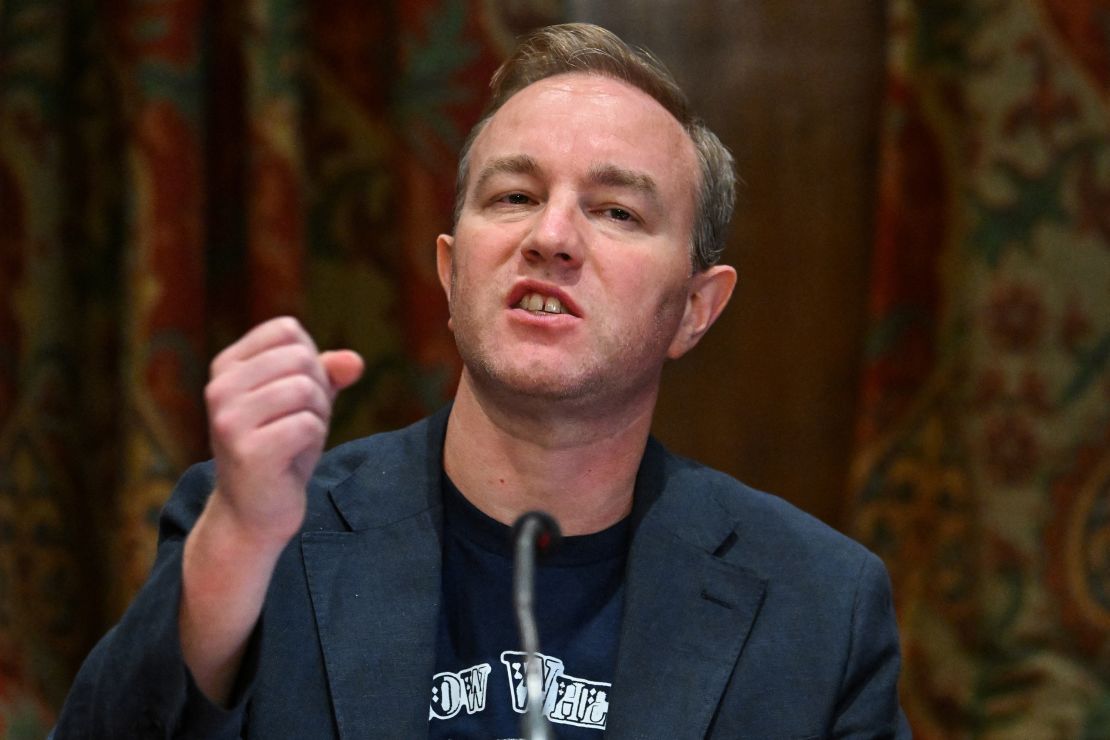UK Supreme Court Overturns Former Citi Trader Tom Hayes’ Libor Rigging Conviction
UK Supreme Court Overturns Former Citi Trader Tom Hayes’ Libor Rigging Conviction
By
Leah Rosenfeld
Last updated:
July 25, 2025
First Published:
August 6, 2025

Photo: CNN
Landmark Ruling Clears Tom Hayes of Libor Manipulation Convictions
In a groundbreaking decision on Wednesday, the UK Supreme Court unanimously overturned the 2015 criminal conviction of Tom Hayes, the first trader ever jailed for manipulating the London Interbank Offered Rate (Libor). Hayes had been convicted on eight counts of conspiracy to defraud for allegedly rigging Libor, a benchmark interest rate that was widely used globally before being phased out in 2023.
The court ruled that although there was “ample evidence” for a jury to suspect Hayes conspired with others—much of it derived from his own interviews with Britain’s Serious Fraud Office (SFO)—the trial was fundamentally flawed due to misdirection by the presiding judge. This legal misstep, the court stated, “undermined the fairness of the trial” and deprived Hayes of the opportunity to have his honest defense properly considered.
The Trial’s Flaws and Overturned Convictions
Supreme Court Justice George Leggatt emphasized that Hayes was entitled to a fair trial where his claims of honest conduct were given full consideration. Instead, he was “deprived of that opportunity by directions which were legally inaccurate and unfair,” leading the court to declare Hayes’ convictions “unsafe and cannot stand.”
Originally sentenced to 14 years in prison, Hayes’ sentence was later reduced to 11 years on appeal. He served approximately five and a half years before being released on license in 2021.
The court also overturned the conviction of Carlo Palombo, a former Barclays trader sentenced to four years in 2019 for manipulating Euribor—the euro equivalent of Libor.
Serious Fraud Office Declines Retrial
Following the ruling, the SFO announced it would not seek a retrial, citing public interest considerations. Both Hayes and Palombo had challenged their convictions on the grounds that the legal definition of Libor and Euribor rates wrongly assumed an absolute prohibition on banks factoring commercial interests when submitting rates.
The Background of Libor and the Scandal
Libor, once the world’s most influential interest rate benchmark, was calculated daily based on submissions from a panel of banks estimating the cost of borrowing between themselves. It played a crucial role in setting rates for trillions of dollars in financial products worldwide.
After Libor was phased out in 2023 amid widespread criticism and regulatory reforms, the scandal left a trail of high-profile prosecutions, billions in fines, and significant damage to trust in financial markets.
Tom Hayes had become the symbol of this scandal, representing the first trader criminally prosecuted for manipulating benchmark rates. However, this ruling follows a landmark 2022 U.S. court decision that overturned convictions against two former Deutsche Bank traders for similar Libor rigging allegations.
Implications for Financial Markets and Future Cases
The Supreme Court’s decision underscores the complexities in prosecuting benchmark manipulation cases, particularly around interpreting the roles of traders and banks in setting these rates. It raises questions about the fairness and clarity of the legal frameworks applied in such high-profile financial crime cases.
Hayes’ exoneration marks a significant moment in the aftermath of the Libor scandal and may influence ongoing and future investigations into market manipulation.
Popular articles
Subscribe to unlock premium content
Disney’s Timeless Magic and How the Entertainment Giant Continues to Shape Culture and Innovation

Imran Khan’s Economic Missteps Amid Political Chaos in Pakistan

The Philippines’ Digital Shift How Remittances and BPO Are Fueling Growth

Disney’s Timeless Magic and How the Entertainment Giant Continues to Shape Culture and Innovation

Imran Khan’s Economic Missteps Amid Political Chaos in Pakistan

Disney’s Timeless Magic and How the Entertainment Giant Continues to Shape Culture and Innovation









